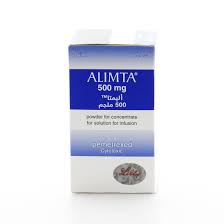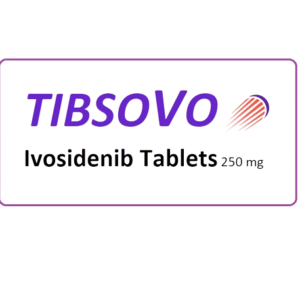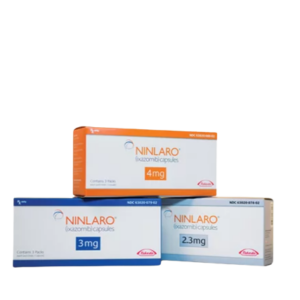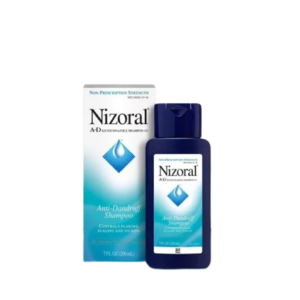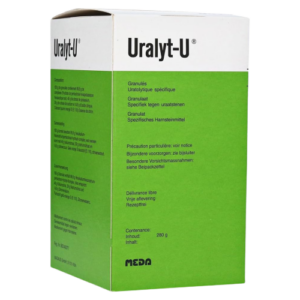Condition : New
0
From UAE
To United States
in 5-10 days
Description
- ALIMTA (generic name: pemetrexed) is a medication used in cancer treatment, particularly for certain types of lung cancer and mesothelioma. It works by inhibiting several enzymes that are essential for the growth and replication of cancer cells. Specifically, pemetrexed inhibits enzymes involved in the synthesis of DNA and RNA, which are necessary for cell division and proliferation. By interfering with these processes, ALIMTA helps to slow down or stop the growth of cancer cells.
- Benefits: The benefits of ALIMTA (pemetrexed) treatment may include:
- Reduction in tumor size.
- Slowing down the progression of cancer.
- Improvement in cancer-related symptoms.
- Prolongation of survival in some cases.
- Dosage and Administration: ALIMTA is typically administered intravenously (IV) by a healthcare professional. The dosage and administration schedule would be determined by a doctor based on factors such as the type and stage of cancer, overall health, and individual patient response. It’s crucial to follow the prescribed dosage and schedule precisely.
- Suitability: ALIMTA is generally prescribed for patients with certain types of lung cancer or mesothelioma who have not responded to other treatments. However, the suitability of ALIMTA for an individual would be assessed by a healthcare professional based on various factors, including the patient’s medical history and current condition.
- Availability and Where to Buy: ALIMTA is a prescription medication and is typically available at pharmacies or medical facilities where prescriptions are filled. It’s important to obtain ALIMTA from reputable sources with a valid prescription from a licensed healthcare provider.
Related products
-
Uncategorized
Uralyt-U Exporter in Dubai, UAE | Best Price | Express Shipping | Long Expiry
Rated 0 out of 5د.إ52.00د.إ45.00

